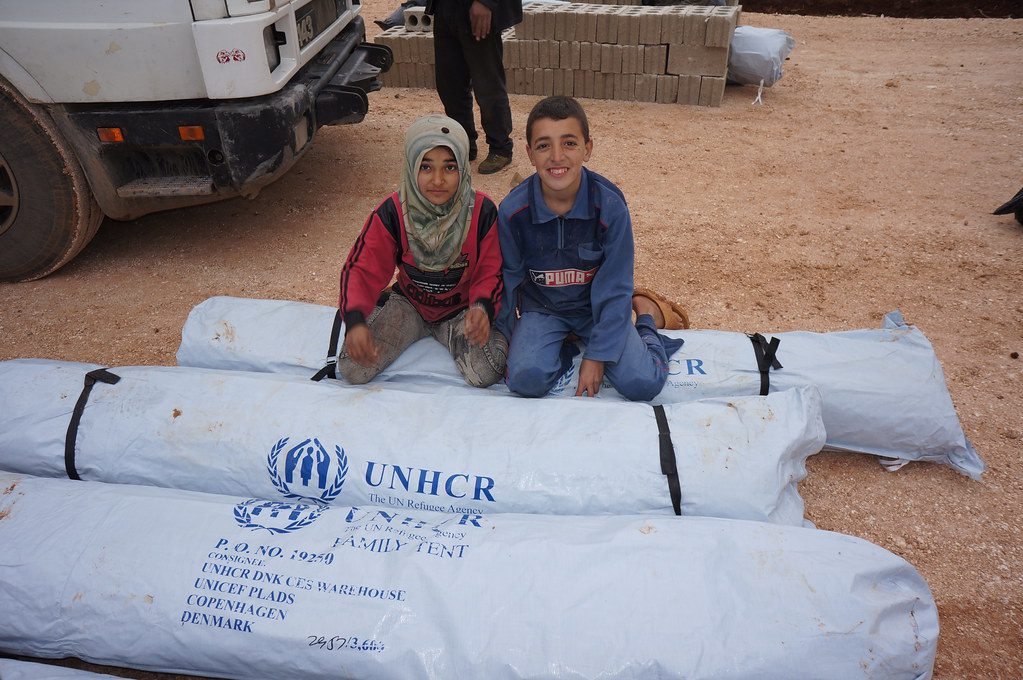In a significant development, Syria has announced the extension of humanitarian aid access to rebel-held areas affected by the recent earthquake. According to Syria’s UN ambassador, Bassam Sabbagh, the permission for the United Nations to use the Bab Alsalama and Al Ra’i border crossings has been extended for an additional three months until August 13. This decision follows the initial approval granted by Syrian President Bashar Al Assad on February 13, shortly after the earthquake struck both Turkey and Syria, claiming the lives of over 50,000 individuals. The agreement allowing the UN to utilize these crossings was set to expire on Saturday but has been extended in response to a request from the UN.
The original decision to open the Bab Al Salama and Al Ra’i crossings in February was influenced by diplomatic efforts from the United Arab Emirates (UAE). This move enabled aid to be delivered to opposition-held areas in the north-west of Syria. Since 2014, the UN has already been granted access to the Bab Al Hawa border crossing by a Security Council mandate, facilitating the delivery of aid to millions of people in the north-west.
The addition of these two crossings has been viewed by aid agencies as a significant step in increasing the scale of humanitarian deliveries. The powerful 7.8-magnitude earthquake caused extensive damage and loss of life, particularly impacting individuals sheltered indoors at the time of the tremor. Distressing images of collapsed structures and devastated buildings highlighted the magnitude of the disaster.
The aftermath of the earthquake has underscored the crucial importance of maintaining humanitarian access to Syria’s north-west, where millions of people heavily rely on aid provided through these border crossings amidst the ongoing civil war. Amnesty International has stated that regardless of the extension, the provision of aid through these crossings remains legal under international law. The organization emphasized that the UN’s cross-border relief operations play a critical role in preventing further suffering among the civilian population in north-west Syria.
The response to the earthquake has also highlighted the necessity of continued international cooperation in the face of such disasters. Countries like the UAE, the Netherlands, and Romania have actively provided aid and support, emphasizing the importance of solidarity and collaboration. As the region continues to grapple with the aftermath of the earthquake, the extended access to border crossings for aid distribution will be instrumental in the ongoing recovery process.



















